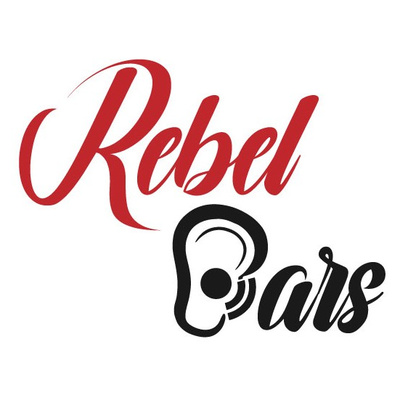Blog
7 Unique Traits of a Great Record Producer
Being a good producer in recording studio can mean wearing several different hats. Here’s a list of seven of a great producer’s essential traits.
- Be Personal
Record making is a highly personal matter. Most artists write their lives to music. Even though the words are not clear, there is often a hidden meaning.
This means that there will be a very personal association with the music. As a manufacturer you have to be mindful of that. There might be moments when you need to push for a change, and you’re getting resistance.
Having an awareness of their emotional connection with the music can enable better communication. A performer sometimes doesn’t want to change a part, not out of ego, but out of an emotional tie. You can encourage change, or create a standoff, depending on how you approach the subject. I don’t mean to say don’t push for change; I’m saying think about how you communicate and don’t be dry or harsh.
2. Collaboration
Part of a producer’s job is to bring together the musicians to capture a record’s desired sound. Only calling a drummer and bassist is not a simple job.
A great producer is going to think hard about the musicians being a perfect match for the project. Not just calling their closest friends.
This also means the producer must sometimes replace incoming musicians on a project.
This is one of the hardest parts of production as you’ll ruffle a few feathers.
In a lot of ways you are the ship’s captain. They’re staffing the boat. The end result is very much the result of the company that you maintain.
3. Vibe
For each session a producer sets a tone. You are the Ceremonial Leader. When I’m called as a session musician I’m always appreciative when I show up and the producer immediately introduces himself.
Forget about that feeling of “too-cool-for-school.” Don’t sit on your phone in the corner, when people come in. Have them feel comfortable. Be amiable.
The efficiency and mood for the session will be improved.
Introduce someone new to the session in the house, too. Include every intern’s names, too. Respect and conviviality go a long way.
4. Sound Scope
If you’re lucky enough to hire an engineer on the session you’re producing, this doesn’t mean checking out is time.
Also, you should be interested in making sounds. The engineer will set up the mics but your desired sonic soundscape should be in control.
Again I return to the analogy of the ship’s captain. The producer is the one who knows how to tie all of this together. You need to learn how every sound blends into the album as a whole. You always see the puzzle done, and not as individual elements.
5. Guard
In case any odd vibes happen on a session, douse the flames right away. In particular I saw this happen with racism against female songwriters.
If any kind of condescending comment is made by an engineer, singer, intern (anyone), then you need to handle it.
First of all, it’s 2017, there’s no room in public for that behaviour, let alone a session.
Recording sessions are meant to be a place where creative people can feel safe and free to create their own creativity.
I’m pretty straightforward with anyone who makes a racist or sexist comment about a session. It is in no way acceptable.
As you’re the ship’s captain, you have the ability to most control it. Nothing is quite like this making my blood boil.
6. Bookie
If you’re making a session and things take longer than expected, who should be responsible for that? The Fabricator! It’s always coming down on your back.
One of a producer’s toughest tasks is in planning the budget. You should be just how much it all costs. Money quickly flies out the window. Which means you know who’s coming in and how much that’s going to cost. There’s always a balance in your head.
7. Manage Time
It is critical that the people you recruit are aware that time is crucial. In general, that is valued by professional musicians. Yet people may be late from time to time for non-emergency reasons.
In time, there is a certain leniency. That’s one of the reasons we’re all moving into the music biz. Musicians do not always like “the guy” looking over their heads.
Nonetheless, if you are planning to document a pro session, it is time that is necessary. A musician who’s a half hour late can cost hundreds of dollars for the artist.
It is worth mentioning that if you are on a tight schedule, don’t get offended if somebody shows up in either direction for five minutes. There needs to be a bit of flexibility. Twenty minutes, though, are unacceptable.
Also, if you deal with experts, that’s never going to happen. Still during your pre-session talk, you can plant the seed on time constraints.
Development is about the data. The smoother things in a project will go the more you prepare ahead of time.
